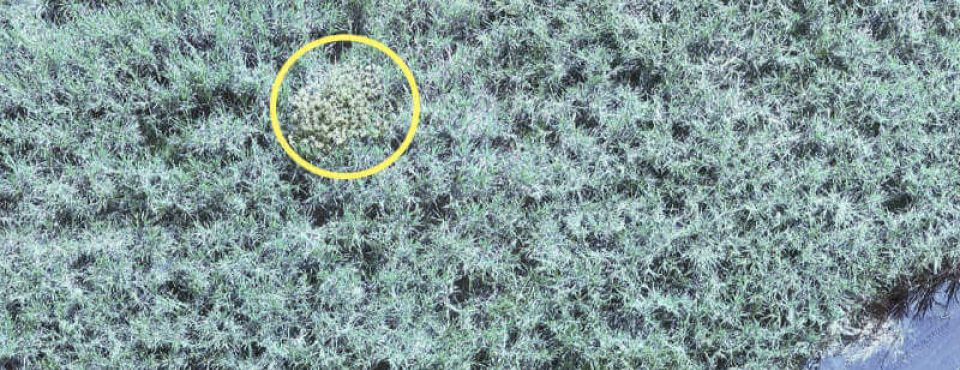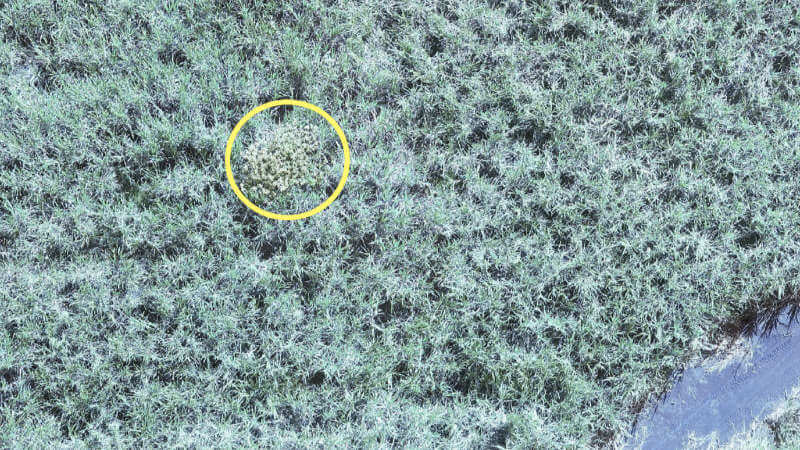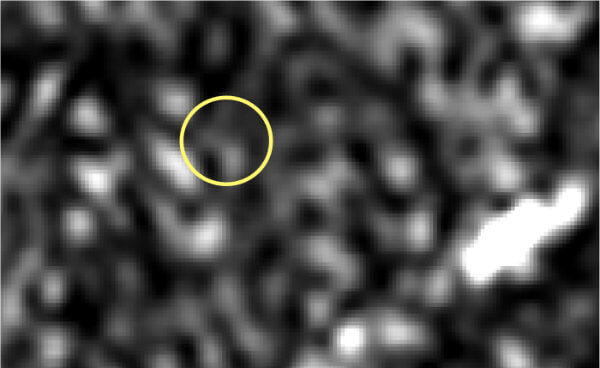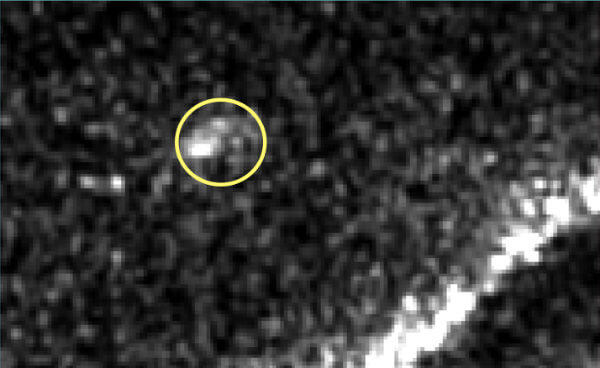
Weed Detection
Radaz | Agriculture
Share:
Weeds have a significant and negative impact on agricultural cultivation. They compete with desired crops for essential resources such as water, nutrients and sunlight, reducing crop growth and productivity. Furthermore, weeds can harbor pests and diseases, further damaging the health of crops.
Radaz carried out artificial intelligence training for weed detection in sugarcane plantations. It is possible to apply it to other types of cultivation through artificial intelligence training.
To identify the weed, the L Band is needed to recognize the presence and the P Band to provide the biomass, which in the case of the weed indicates a low level in relation to the cultivation, allowing identification by crossing the two pieces of information. . Below are a photo and two SAR images from a detection flight.

Optical photo

L-HV band: detects weeds

P-band: indicates biomass
This application was validated on sugarcane plantations, through the FAPESP-IBM-PITE project (2019), in cooperation with Unicamp and Usina São Martinho.








